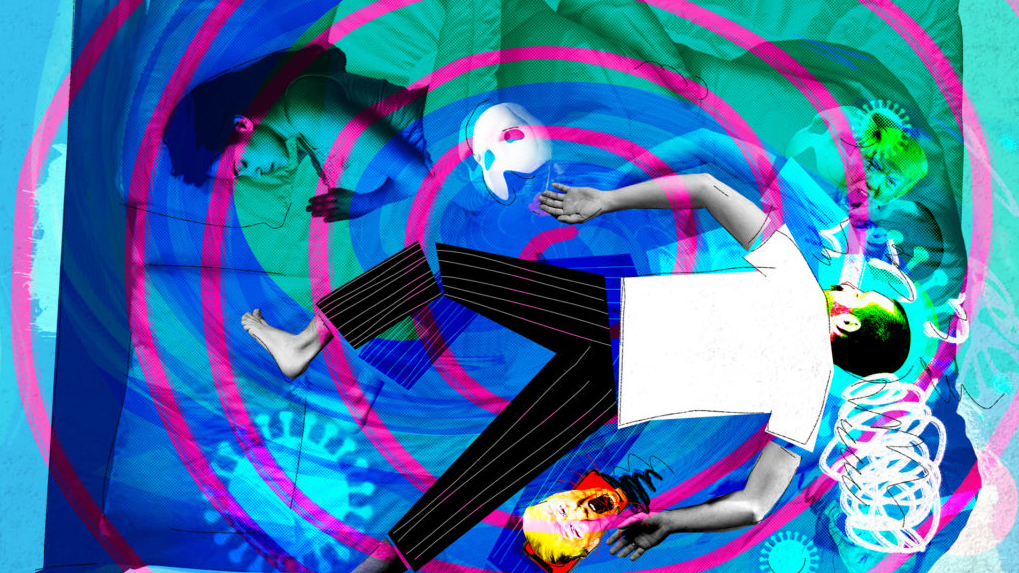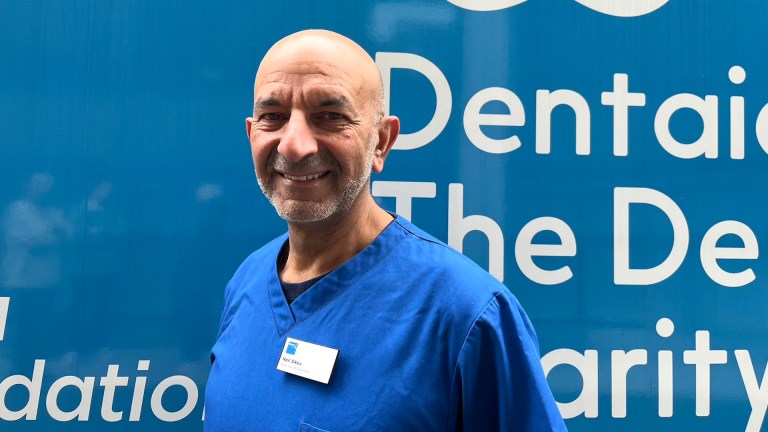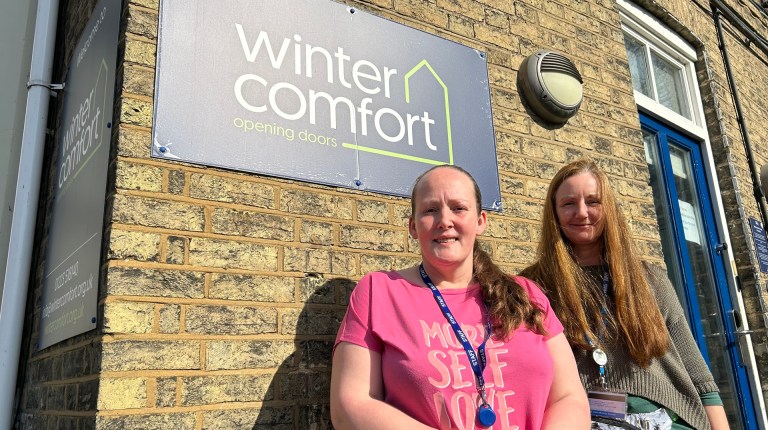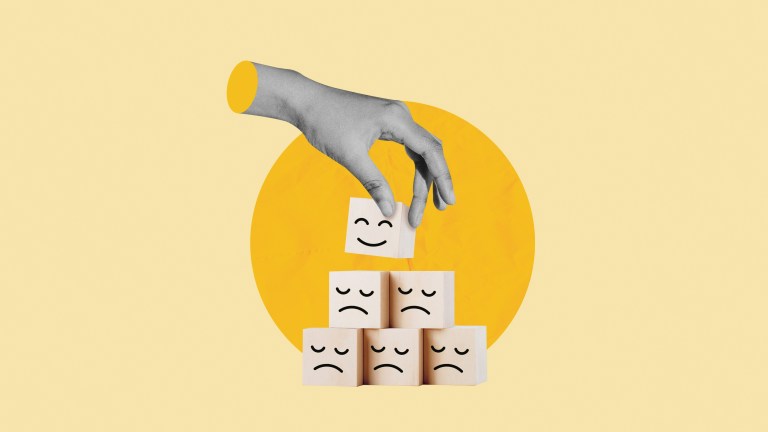I didn’t know I had a problem until I had a problem. Or, more specifically, I didn’t know I had a problem until I was face down on the cold, wooden floor of my living room, with tears running down my cheeks.
It’s 4am and I have just fallen over. Minutes ago I was asleep, in a fashion anyway. Just another of my nightly excursions; out of bed, around the flat, sometimes even out of the front door. I woke up tonight as I was falling, my face inches from the floor. As I sit there, bruised, crumpled, I try to remember the last night that hasn’t been curtailed by an accident, or being woken up by my wife because I am singing at the top of my lungs (bizarrely, and much to my wife’s annoyance, the songbook of The Phantom of the Opera is an unconscious favourite) or where I’ve woken up to find myself doing something extremely strange (taking apart electrical equipment is my go-to sleepwalking activity).
I cannot remember the last time I slept properly. And so I go to hospital.
A nurse looks at me with sad eyes and says, “Why are you like this?”
I am in a mess. Somebody in my housing complex has complained to the property manager that I’m up at night, sat on the patio singing. My father-in-law has commented that a recent Instagram photo I’ve uploaded makes me look a million years old. As for work, it’s often taking me a full day to write just a sentence or two; sentences I’ve rewritten so many times I’ve lost count. I’m a freelance journalist. As the job demands, I work quick and I work efficiently. These days I just push words around a blank Word document. My wife walked into my office the other day and found me passed out on my laptop, my crushed nose pressing down the ‘R’ key, the cursor dancing across the page.
The hospital are alarmed. My blood pressure is through the roof. An infection on my leg that’s being treated as a separate issue is refusing to heal. I’m put on a ward where I will stay for 10 days. The first night in I continue my regular nocturnal clown show; the nurses find me in the toilet, asleep (in a fashion anyway) headbutting the soap dispenser. I can’t remember any of it the following morning, only being reminded of the incident when I trace the faint cut the dispenser left on my scalp. A nurse looks at me with sad eyes and says, “Why are you like this?”
I’d do anything to have an answer to that question. I’ve never slept brilliantly. Too much on my mind. Too much I want to do. But since Covid things have been different. Whereas before I’d wake up a lot, I’d normally go back to bed after having a wee. Now I can’t resist putting the television on. I must know what’s going on. I must know what’s happening. Unluckily this period of time syncs perfectly with endless rolling news analysis: Donald Trump, George Floyd killed in Minneapolis. How can you sleep when you’re this angry and afraid when the world burns?










